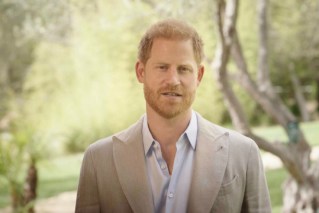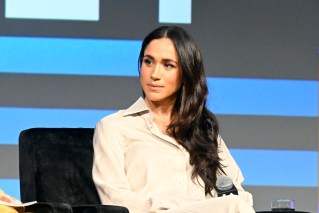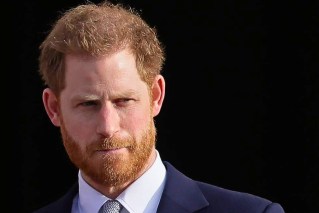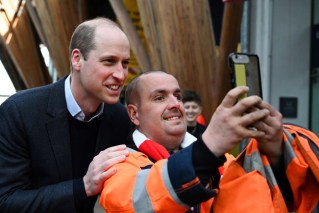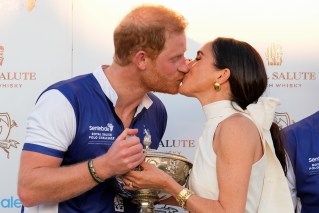Princess Kate: The frightened face of a cancer generation

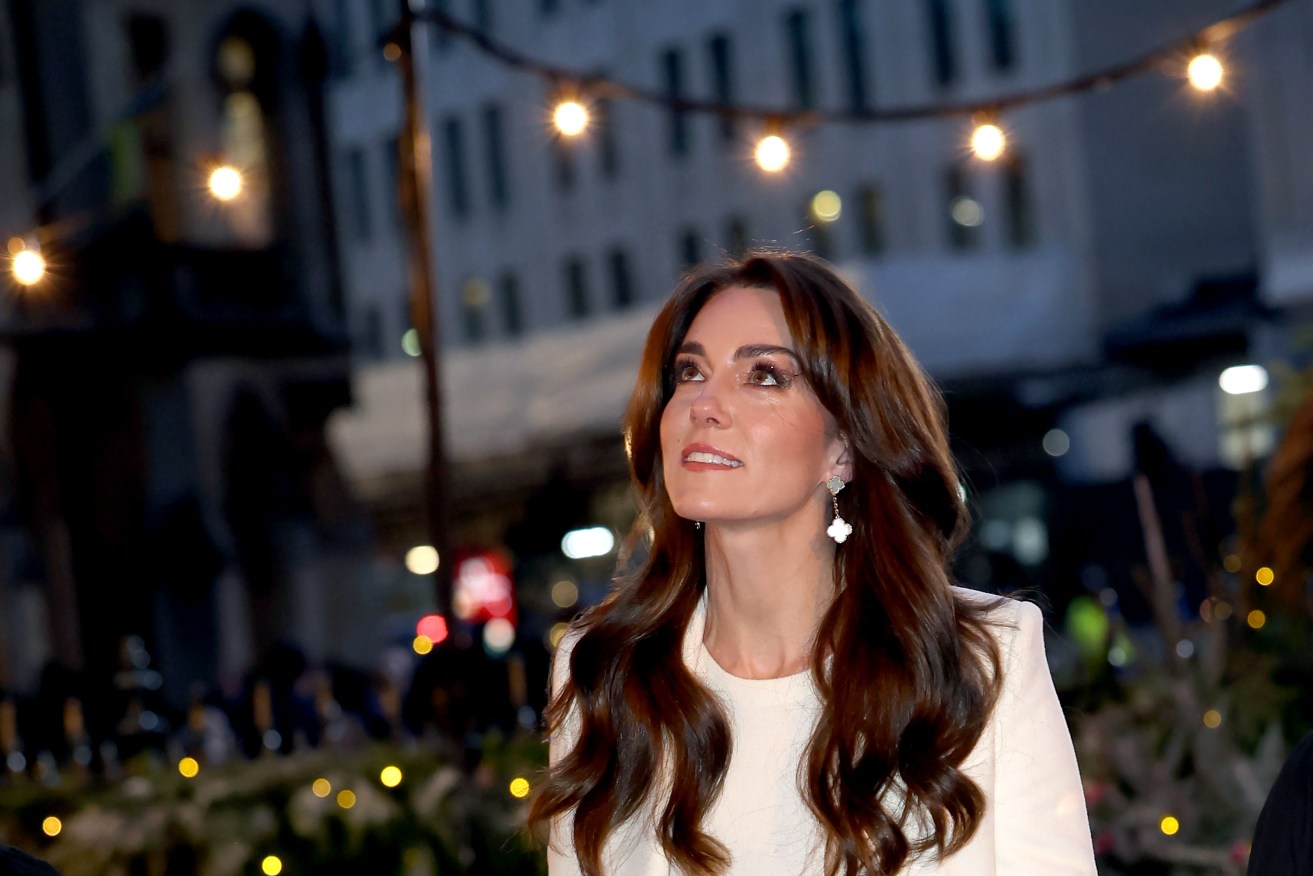
Catherine, Princess of Wales, poster woman for a mystery global trend. Photo: Getty
Catherine, Princess of Wales, and the King are especially close. They get along. Some of what they have in common is dire.
When the King shared his diagnosis of an enlarged prostate, there was confidence he would be repaired. And life would go on.
It was during the procedure that the surgeons, via a camera, discovered cancer.
The discovery is what is known as an ‘incidental diagnosis’. This is where doctors follow a line of inquiry that leads them to something completely unexpected.
As we previously reported, research suggests that one in 25 cancer diagnoses are incidental.
Meanwhile, it was also revealed that Kate was undergoing abdominal surgery, and would require some months of privacy to recover.
Then, last week, in a video that more or less chastened an hysterically prying world, the princess revealed that she, too, at the age of 42, had received an incidental diagnosis of cancer.
Source: Kensington Palace
Poster woman for a mystery trend
There’s no obvious upside when a mother of three small children is dealing with cancer.
However, what’s happened to Kate – developing cancer at a relatively young age – has become something of a crisis over the past 30 years.
It’s an issue that needs a higher profile.
Hence, just as the King was hailed for performing a community service by openly discussing his prostate troubles, Catherine’s diagnosis serves as a much-needed wake-up call for people under 50 that they too are at risk.
For one thing, early-onset cancers tend to be much more aggressive than cancers linked with ageing.
The undertold story
As we reported in 2022, from about 1990 the number of people with early onset cancer has “increased dramatically” around the world.
Early-onset cancers are those diagnosed before the age of 50 – and this upward trend, identified by US researchers in a disturbing study, shows no sign of slowing.
Instead, the risk of early-onset cancer is predicted to increase with each generation.
On the rise are cancers of the breast, colon, oesophagus, kidney, liver, head and neck, prostate, bone marrow and pancreas, among others.
Scientists from Brigham and Women’s Hospital in Boston identified the lift in diagnosis numbers that began about 30 years ago – but the factors that led to cancer probably started years before in childhood.
Improvements in screening don’t explain the trend
What’s concerning is that the increase in early-onset cancers doesn’t seem to be slowing down. And improvements in screening alone don’t fully explain the trend.
“We found that this risk is increasing with each generation,” says one of the researchers, Shuji Ogino, a pathologist and epidemiologist at Brigham and Women’s Hospital in Boston.
“For instance, people born in 1960 experienced higher cancer risk before they turn 50 than people born in 1950.”
The researchers predict that “this risk level will continue to climb in successive generations”.
Why is this happening?
The researchers note that cancer risk factors have all significantly increased since the 1950s.
These include highly processed foods, sugary beverages, obesity, type 2 diabetes, sedentary lifestyle, and alcohol consumption.
They speculate that this has been accompanied by an altered microbiome.
“Among the 14 cancer types on the rise that we studied, eight were related to the digestive system. The food we eat feeds the micro-organisms in our gut,” researcher Dr Tomotaka Ugai said.
“Diet directly affects microbiome composition and eventually these changes can influence disease risk and outcomes.”
In other words, as we’ve previously reported – see here and here – the poor-quality food we eat for the sake of convenience, the hours we spend on the couch, and the booze we drink to offset our anxieties are sending us to our graves.

